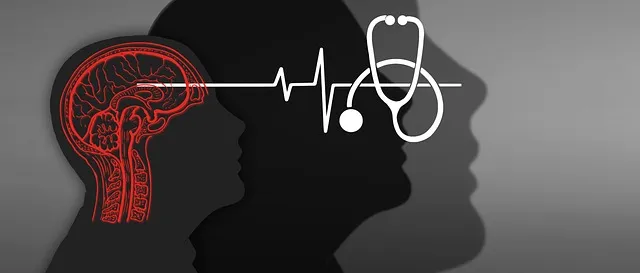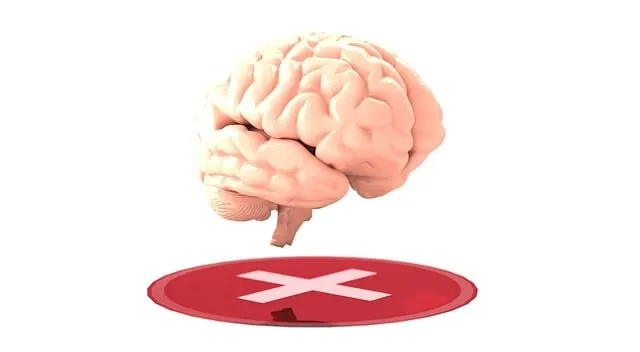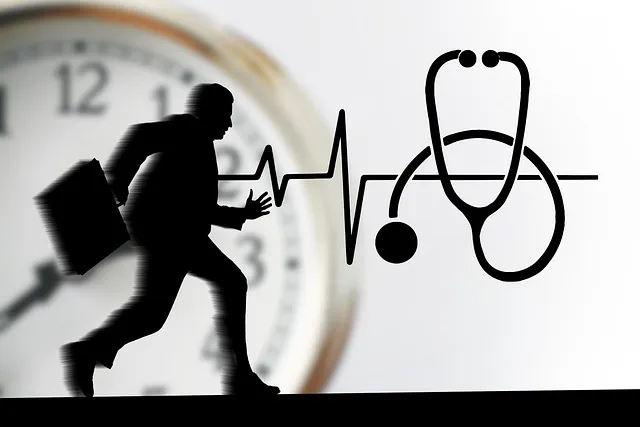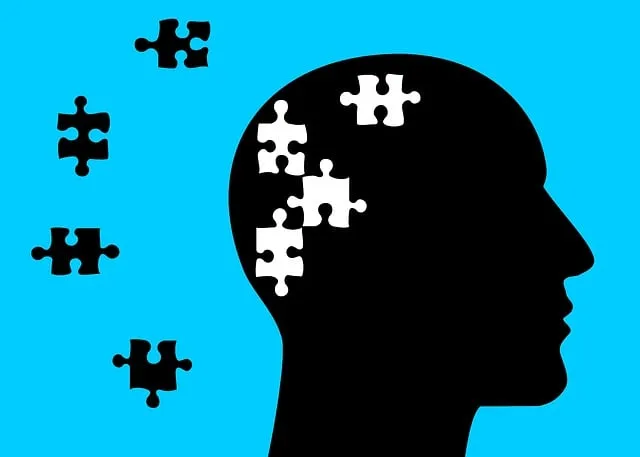Centennial Kaiser Permanente focuses on holistic mental health through the RFM approach (Resilience, Flexibility, Mindfulness), equipping individuals with conflict resolution techniques and crisis intervention guidance. This builds resilience, enhances emotional regulation, and promotes viewing setbacks as growth opportunities. For professionals, resilience-building exercises strengthen mindsets, improve well-being, and enable better client support in high-stress environments. The organization's comprehensive care model integrates stress management tools and positive thinking strategies to create a supportive environment fostering mental agility and long-lasting coping mechanisms for life's challenges, under the umbrella of Centennial Kaiser Permanente mental health initiatives.
“Unleash your inner resilience with an exploration of RFM (Recovery, Flexibility, and Mastery) and its profound impact on mental well-being. This article guides you through a powerful journey, starting with understanding RFM’s role in fostering adaptability and emotional strength. We then delve into practical resilience-building exercises designed to enhance your mindset.
For insights into comprehensive mental health support, look no further than Centennial Kaiser Permanente’s innovative approach, setting a new standard in the industry.”
- Understanding RFM and its Impact on Mental Well-being
- Resilience Building Exercises for a Stronger Mindset
- Centennial Kaiser Permanente's Approach to Mental Health Support
Understanding RFM and its Impact on Mental Well-being

At Centennial Kaiser Permanente, mental health is a top priority, and one key strategy they emphasize is RFM—Resilience, Flexibility, and Mindfulness. Understanding RFM is crucial in enhancing individuals’ ability to navigate life’s challenges and maintain good mental well-being. This approach focuses on building resilience, which enables people to adapt and bounce back from difficult situations, fostering a sense of control and empowerment.
By integrating RFM practices, such as Conflict Resolution Techniques and Crisis Intervention Guidance, into daily routines, individuals can develop self-awareness exercises that promote emotional regulation and problem-solving skills. These techniques encourage folks to view setbacks as opportunities for growth, enhancing their overall resilience and mental fortitude. The impact is profound—it empowers people to face life’s storms with a calmer mind and more effective coping mechanisms, ultimately contributing to improved mental health outcomes.
Resilience Building Exercises for a Stronger Mindset

Resilience building exercises are an essential component of fostering a stronger mindset, particularly in the context of mental health care professionals like those at Centennial Kaiser Permanente. These exercises aren’t just about overcoming challenges; they equip individuals with the tools to navigate life’s storms with grace and equanimity. By incorporating resilience-focused activities into their routines, mental health professionals can enhance their own well-being and better support their clients.
The practice of resilience involves cultivating positive thinking and a confidence boost, which are crucial for maintaining mental fortitude. Whether through mindfulness meditation, cognitive reframing techniques, or even physical exercise, these exercises help build mental musculature. A robust mindset is particularly beneficial in high-stress environments like healthcare, where professionals often face complex situations and intense emotions. A comprehensive risk assessment for mental health professionals can identify areas of vulnerability, making it easier to tailor resilience-building strategies for optimal effectiveness.
Centennial Kaiser Permanente's Approach to Mental Health Support

Centennial Kaiser Permanente takes a holistic approach to mental health support, recognizing that building resilience is key to fostering well-being. They offer a range of resources and programs designed to empower individuals with effective tools for stress management and crisis intervention guidance. Through various workshops and initiatives, the organization encourages positive thinking as a proactive measure against mental health challenges.
By integrating these strategies into their care model, Centennial Kaiser Permanente aims to create a supportive environment that promotes mental agility and emotional resilience. This comprehensive approach ensures that patients not only receive timely interventions during crises but also develop long-lasting coping mechanisms to navigate life’s stressors with enhanced adaptability and composure.
The integration of RFM (Resilience, Flexibility, and Mindfulness) practices, as exemplified by Centennial Kaiser Permanente’s commitment to mental health support, offers a comprehensive approach to enhancing mental well-being. By incorporating resilience-building exercises into daily routines, individuals can cultivate a stronger mindset, better equipped to navigate life’s challenges. This holistic strategy, backed by scientific understanding, empowers folks to embrace flexibility and mindfulness, ultimately fostering a more resilient and fulfilling life.






